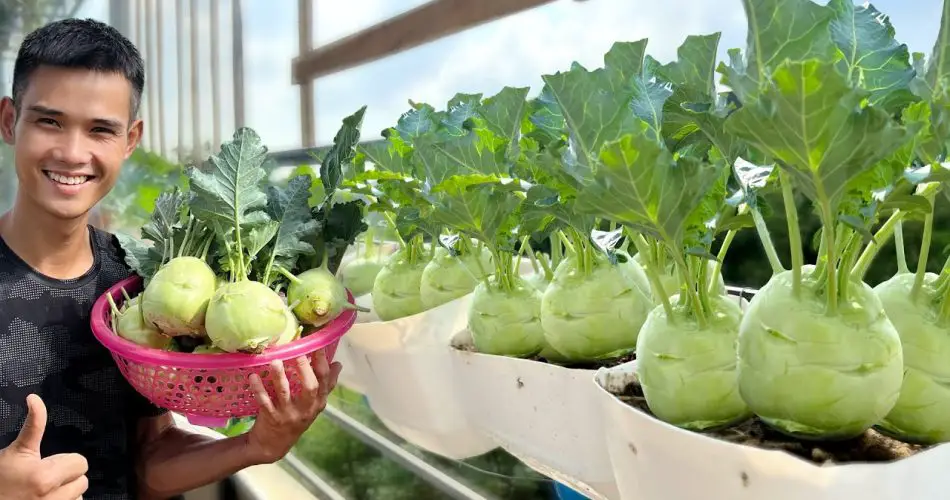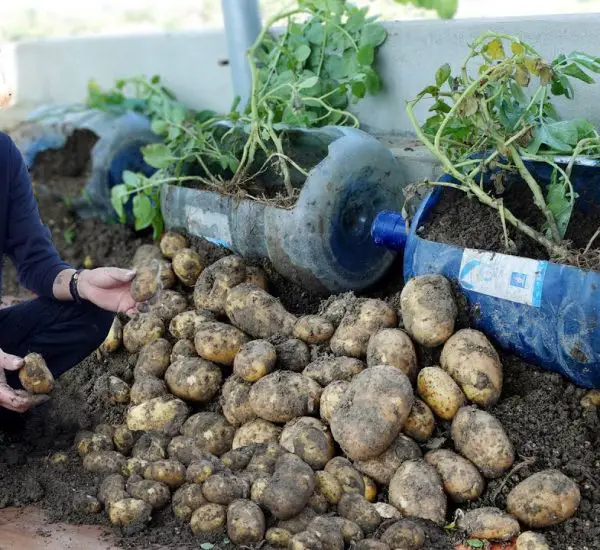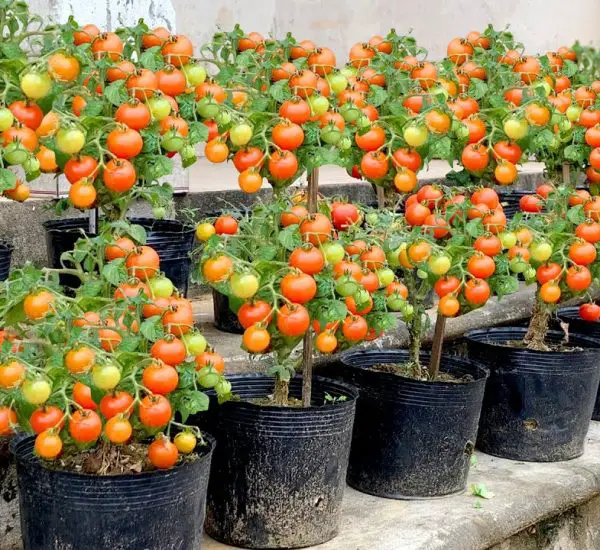It sounds like you’re interested in growing a tuberous vegetable that is delicious when eaten raw and suitable for winter cultivation. One such vegetable that fits this description is the Jerusalem artichoke, also known as sunchoke. Jerusalem artichokes are tubers that belong to the sunflower family and have a nutty, sweet flavor. Here’s how you can grow Jerusalem artichokes in winter:
**1. Selecting Jerusalem Artichoke Tubers:
- Obtain Jerusalem artichoke tubers from a reputable source. Look for healthy, disease-free tubers with well-developed eyes or buds.
2. Planting Time:
- Jerusalem artichokes can be planted in late fall or early winter, even after the first frost. They are cold-hardy and can withstand winter conditions.
3. Soil Preparation:
- Choose a well-draining soil with a slightly acidic to neutral pH. Incorporate organic matter into the soil to improve fertility.
4. Planting Tubers:
- Plant the Jerusalem artichoke tubers about 3 to 5 inches deep in the soil. Space them approximately 12 to 18 inches apart. Plant them with the eyes or buds facing upward.
5. Sunlight:
- Jerusalem artichokes prefer full sun but can tolerate partial shade. Ensure they receive at least 6-8 hours of sunlight per day for optimal growth.
6. Watering:
- Water the Jerusalem artichokes regularly, especially during dry periods. While they are relatively drought-tolerant, consistent moisture helps with tuber development.
7. Mulching:
- Apply a layer of mulch around the plants to help retain soil moisture and regulate soil temperature. Mulching also helps suppress weeds.
8. Growth and Harvest:
- Jerusalem artichokes grow tall with sunflower-like yellow flowers. Harvest the tubers when the plants die back in late winter or early spring. Dig up the tubers with a fork, being careful not to damage them.
9. Storage:
- Jerusalem artichokes store well in a cool, dark place. Keep them in a root cellar or similar storage space for extended use.
10. Winter Hardy: – Jerusalem artichokes are known for their winter hardiness. They can stay in the ground over winter and be harvested as needed. In fact, some gardeners find that the flavor improves after exposure to cold temperatures.
11. Enjoying Raw: – Jerusalem artichokes can be enjoyed raw, adding a crunchy and sweet element to salads. They can also be cooked in various ways, such as roasting, sautéing, or boiling.
Note: Jerusalem artichokes are prolific growers and can spread rapidly. Plant them in an area where they have room to expand or consider growing them in containers to contain their growth.
As always, local climate conditions and specific growing practices can influence success, so adjust these guidelines based on your local conditions and preferences. Enjoy growing and savoring these delicious tubers!



